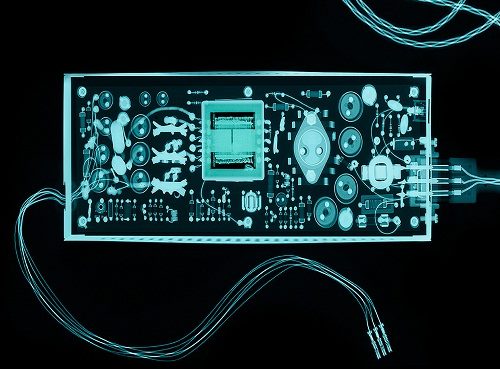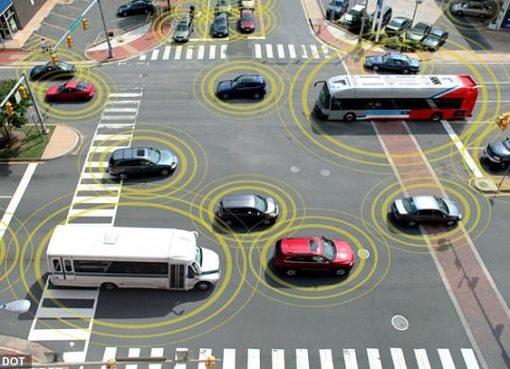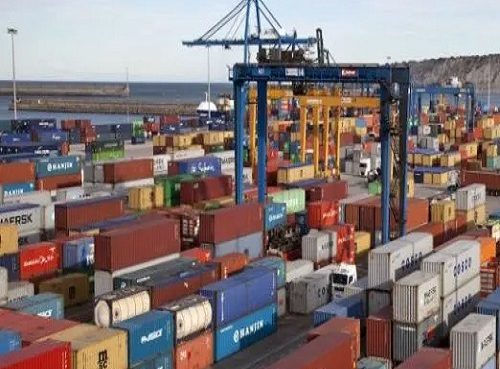If about 250 Nigerian engineers versed in robotics, Artificial Intelligence, big data analytics among others, emerge in 2023, the country would have put a strong footing into the 4th industrial revolution, 4IR.
That is the feat Microsoft hopes to achieve by 2023 when it targets to have trained about 500 engineers in Nigeria and Kenya, as it launched the Africa Development Centre, ADC. The Africa Development Centre represents Microsoft’s first-ever engineering offices in Africa. With locations in Nairobi, Kenya and Lagos, Nigeria, the ADC is a premier centre of Engineering for Microsoft.
The centre will afford Nigerian talents the opportunity to work on cutting-edge technology suitable for Nigeria and the rest of the world, reinforcing the country’s position as a leading regional digital innovation hub. Microsoft says it will make an investment of US $100 million over the first five years of operation, across the two markets.
By the end of 2019, Microsoft intends to recruit 100 full-time engineers across the two ADC sites, with plans to increase the headcount to more than 500 engineers by the end of 2023. Unveiling the centre in Lagos, weekend, Country Manager for Microsoft Nigeria, Mr Akin Banuso said: “Microsoft recently opened its first hyper-scale datacentres in Africa, and this next milestone is particularly significant for Nigeria.
The reason we selected Nigeria as one of the first ADC sites is to better understand a continent that is rapidly adopting cloud technology and innovation at the intelligent edge. We view Nigeria as a leading regional digital innovation hub, and the ADC aims to invest in and accelerate the work being done here.” Corroborating him, technical fellow at Microsoft, Alex Kipman, while inaugurating the first engineering team in Lagos, added that “we have already started work in Nigeria around mixed reality offering and I am very much looking forward to the kind of innovation that will come from the ADC.”
With the ADC, Microsoft is seeking engineering talent in artificial intelligence, AI, machine learning and mixed reality. It is fuelling innovation across numerous domains from healthcare, agriculture, finance, and human-centric automation. The ADC intends to recruit 100 full-time engineers by the end of 2019, expanding to 500 across the two sites by 2023. To support the development of these required skills, Microsoft is also partnering with local universities to create a modern intelligent edge and cloud curriculum, unique to Africa.
Graduates from top Nigerian engineering faculties will have access to the ADC to build relevant and meaningful careers in data science, AI, mixed reality, application development and more. It is expected that the ADC will help to empower young talents across the continent to build innovative solutions on the Microsoft platform. The ADC will be unlike any other existing investment on the continent.
It will help Africa develop locally, scale up businesses for global impact and make strong showing in the Fourth Industrial Revolution. The Fourth Industrial Revolution represents extraordinary technology advances to those of the first, second and third industrial revolutions. These advances are merging the physical, digital and biological worlds in ways that create both huge promise and potential peril. The speed, breadth and depth of this revolution are forcing countries to rethink development, how organisations create value and even what it means to be human.
The Fourth Industrial Revolution is about more than just technology-driven change; it is an opportunity to help everyone, including leaders, policy-makers and people from all income groups and nations, to harness converging technologies in order to create an inclusive, human-centred future. Benefits of 4th industrial revolution reults from the services it will introduce.
Some of them are: Smart Internet of Things, IoT, which will create connected enterprises, increase reliability and efficiency in services offering. It is forecast that investment in this category of service will get to about $933.6B by 2025.
Insurance Telematics will measure driver behaviour and improve crash management. It will reduce coverage costs, reduce infrastructure and maintenance costs while offering better customer and fleet services. Investment here, is expected to hit $2.2 billion by 2020.
The fact that Microsoft has taken the giant step of setting up its first development centre in Nigeria is a testament to the huge talent base that exists in our academic institutions. It is a great time to be a Nigerian.”
Source: Vanguard











Mr Chris Uwaje is our technical support or master, I’m with him